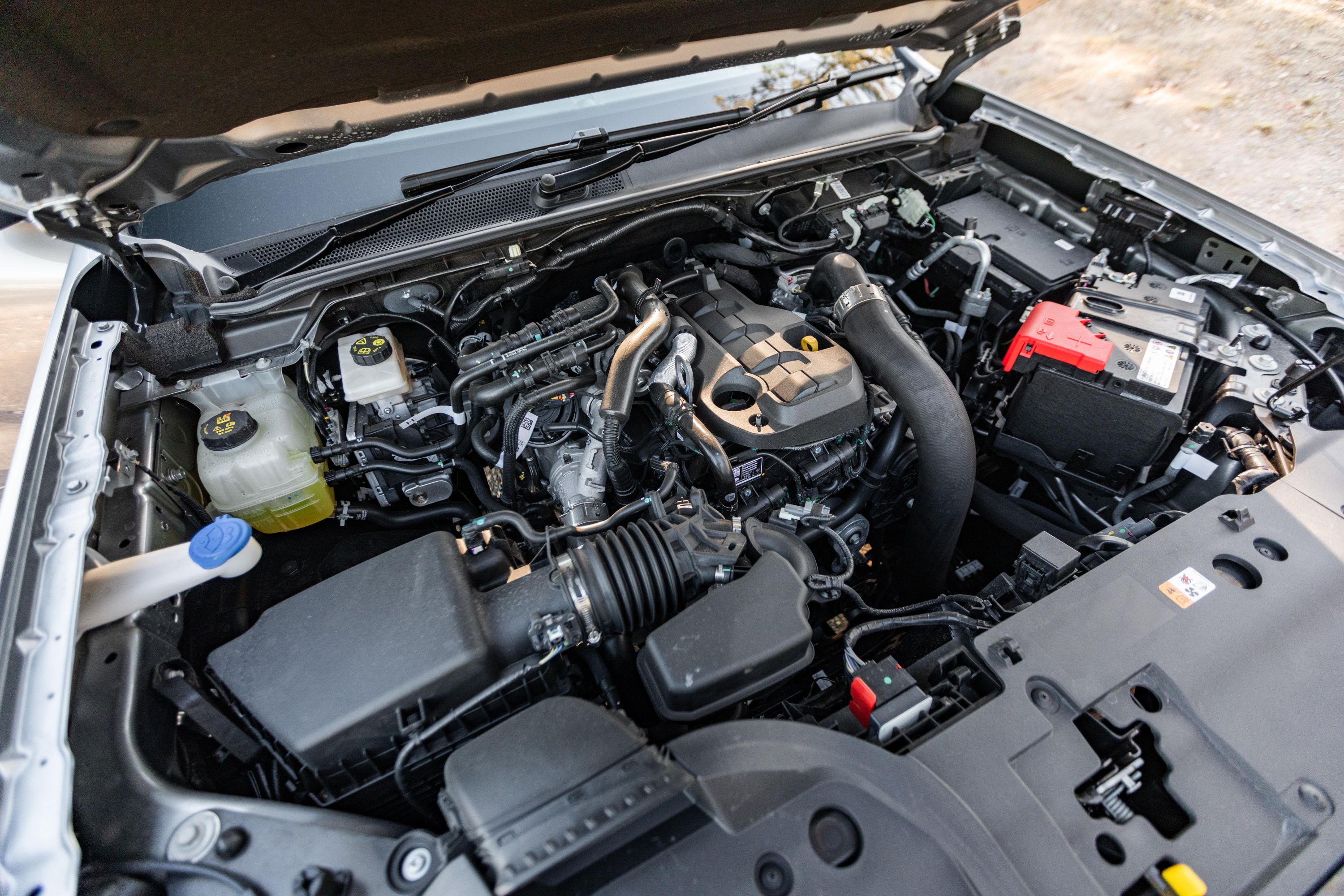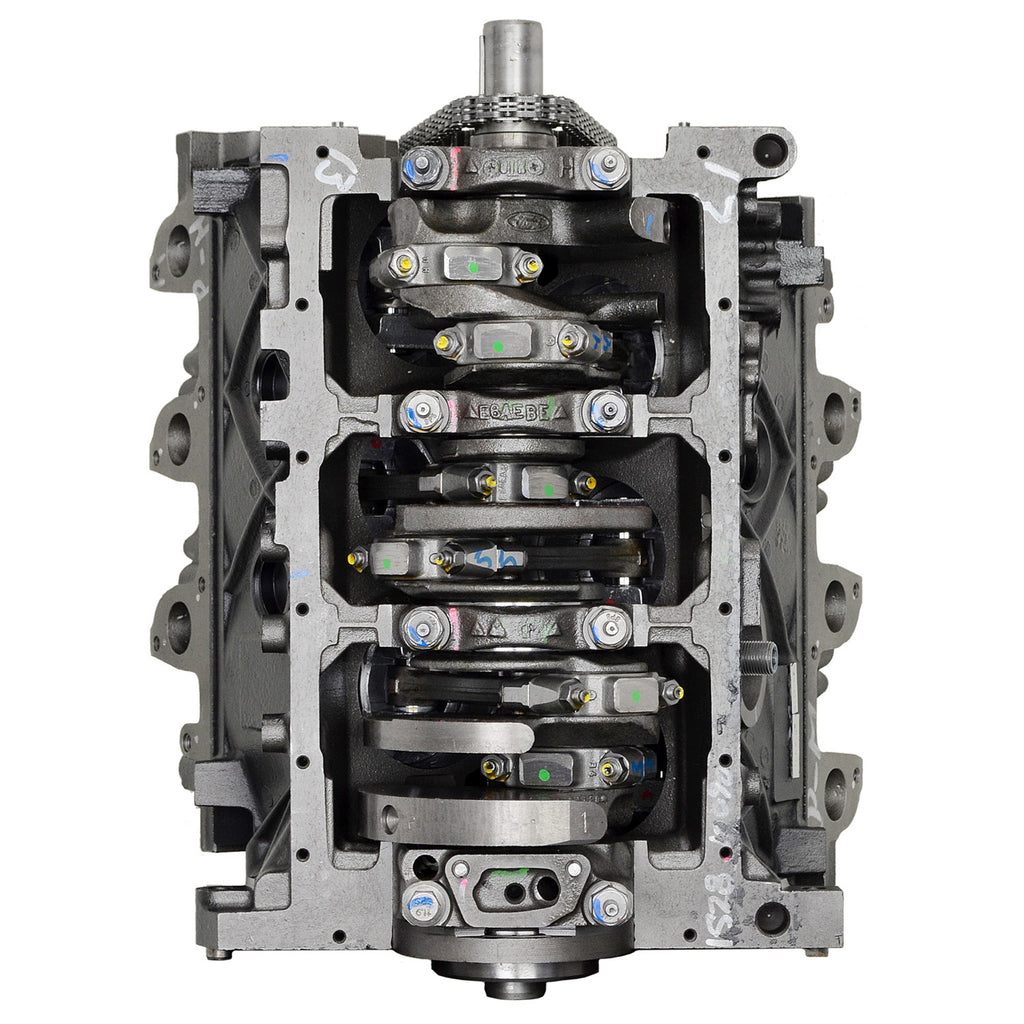What Makes an Automobile Engine Run Efficiently: Leading Tips for Optimum Care
The smooth operation of an auto engine is essential to both performance and longevity, making ideal care a vital duty for lorry owners. Secret techniques, such as routine oil modifications, keeping coolant levels, and keeping track of air filters, are critical yet frequently ignored. The relevance of examining trigger plugs and making certain proper tire stress can not be underrated. Understanding just how these aspects interconnect can boost not just the performance of your lorry yet likewise your general driving experience. What particular actions should you prioritize to guarantee your engine stays in peak problem?
Regular Oil Adjustments
One of the most critical elements of automobile maintenance is guaranteeing your engine receives normal oil changes. Engine oil lubricates inner components, decreases rubbing, and assists maintain optimal operating temperature levels. Over time, oil weakens as a result of warmth, contaminants, and the all-natural results of burning, causing lowered effectiveness and potential engine damage.
A lot of producers suggest transforming the oil every 5,000 to 7,500 miles, yet this period can vary based on driving problems and oil type. For instance, synthetic oils may permit longer intervals between changes. Routine oil modifications not only enhance engine efficiency yet also boost fuel effectiveness, as tidy oil advertises smoother operation.
Overlooking oil modifications can result in sludge buildup, which hinders blood circulation and can lead to serious engine issues. It is crucial to inspect oil degrees regularly and keep track of for any type of uncommon adjustments in color or consistency, which could indicate contamination or deterioration.

Maintaining Coolant Degrees
Maintaining correct coolant levels is crucial for stopping engine getting too hot and making certain ideal performance. The coolant, commonly a combination of water and antifreeze, distributes with the engine, soaking up warm and protecting against thermal stress and anxiety. Insufficient coolant can result in boosted engine temperatures, which may trigger serious damages and even overall engine failing.
To maintain ideal coolant degrees, frequently inspect the coolant reservoir, usually located in the engine bay. Make sure the coolant is loaded to the suggested mark, as suggested in your automobile's proprietor manual. It is advisable to examine the degrees at least when a month or soon trips, particularly throughout extreme climate condition.
If you discover that the coolant level is consistently reduced, there might be a leakage in the cooling system, which ought to be resolved promptly to avoid more issues. 2.2 ford ranger engine. Additionally, purging the coolant system every 2 to three years can aid eliminate any click now type of gathered debris and ensure effective heat exchange
Monitoring Air Filters

It is recommended to examine the air filter every 12,000 to 15,000 miles, or much more often if driving in messy or negative problems. A straightforward visual examination can usually expose whether the filter is filthy or damaged. If the filter shows up tarnished or has noticeable dirt build-up, it should be changed without delay.
Making use of a high-grade air filter developed for your details lorry version can better improve engine performance. Furthermore, some automobiles might benefit from multiple-use filters that can be cleaned and re-installed, providing a affordable and eco-friendly alternative.
Inspecting Spark Plugs
Spark plugs are important components of a car's ignition system, straight affecting engine efficiency and efficiency. They develop the stimulate that fires up the air-fuel combination in the combustion chamber, helping with the engine's power generation. Routine evaluation of stimulate plugs is essential for preserving optimal engine feature and stopping prospective concerns.
Dark soot or oil deposits can indicate incorrect burning, while a blistered or white appearance might suggest getting too hot. Both problems call for immediate focus to protect against more engine damage.
It's advisable to check trigger plugs every 30,000 miles, or as suggested in your car's owner manual. Additionally, take into consideration changing them according to the manufacturer's guidelines, as old or worn ignition system can bring about misfires, decreased fuel effectiveness, and boosted exhausts.
Monitoring Tire Stress
Making certain appropriate tire pressure is an essential facet of vehicle safety and security and efficiency. Under-inflated tires can cause lowered fuel efficiency, increased tire wear, and compromised handling. Alternatively, over-inflated tires can minimize grip and enhance the risk of blowouts. Normal tracking of tire pressure is important for optimal automobile procedure.
Tire pressure should be inspected at the very least when a month and soon journeys. Utilize a dependable tire stress scale to determine the visit this web-site stress when the tires are chilly, preferably before the vehicle has actually been driven for a minimum of three hours. Refer to the automobile's owner manual or the placard situated on the vehicle driver's pop over to this web-site side door jamb for the manufacturer's advised pressure levels.
It is vital to keep in mind that tire pressure can vary with modifications in temperature level; a decrease of 10 ° F can result in a 1-2 psi decline in pressure. Furthermore, visually examine tires for any kind of indicators of wear or damages during your tracking regimen. Maintaining proper tire pressure not only boosts car safety and security but additionally enhances fuel efficiency and extends tire life, eventually contributing to a smoother engine performance.
Conclusion
In conclusion, maintaining a car engine's smooth procedure needs attentive focus to a number of essential aspects. Inevitably, a positive technique to engine care is important for making certain dependability and capability over time.
One of the most important aspects of auto maintenance is ensuring your engine obtains routine oil adjustments. Engine oil lubricates inner elements, minimizes rubbing, and assists preserve optimal operating temperatures. Normal oil modifications not only improve engine efficiency but additionally boost gas effectiveness, as tidy oil promotes smoother operation.
Not enough coolant can lead to raised engine temperature levels, which might trigger severe damages or also complete engine failure.
